Sushi Sonic 100% Real Wasabi Powder
Price range: $9.71 through $164.50
Sushi Sonic 100% Real Wasabi Powder is 100% authentic freeze-dried wasabi, the rare, hard to grow, hot green rhizome so prized in the East for its pungency and medicinal properties. Simply mix 1 teaspoon of our tasty Sushi Sonic 100% Real Wasabi Powder with enough cool water to make a paste, let stand 10 minutes (to reach full flavor!) and enjoy.
Non-GMO Verified | Gluten-Free
1.5 oz Glass Jar | 35 oz Plastic Bag


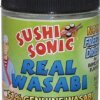
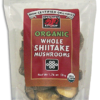
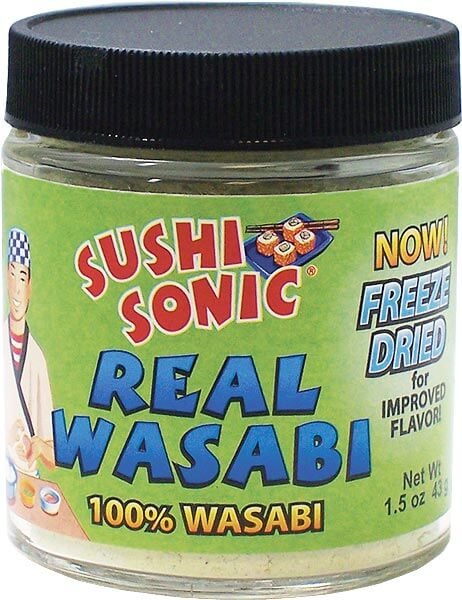
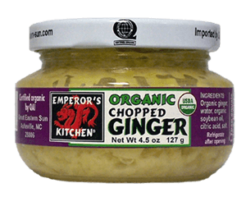
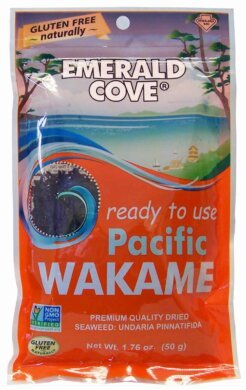

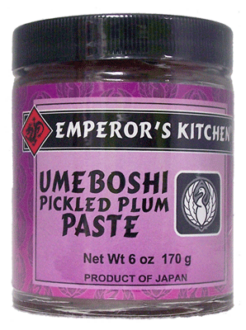
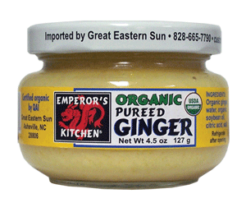
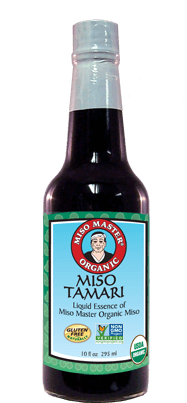
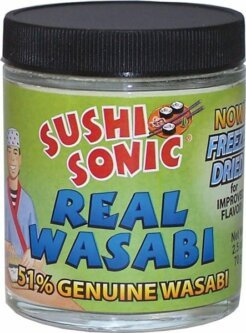
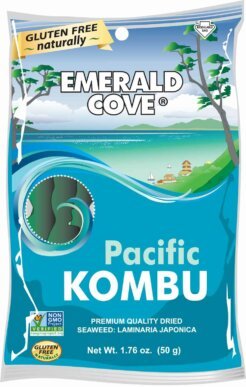
Reviews
There are no reviews yet.